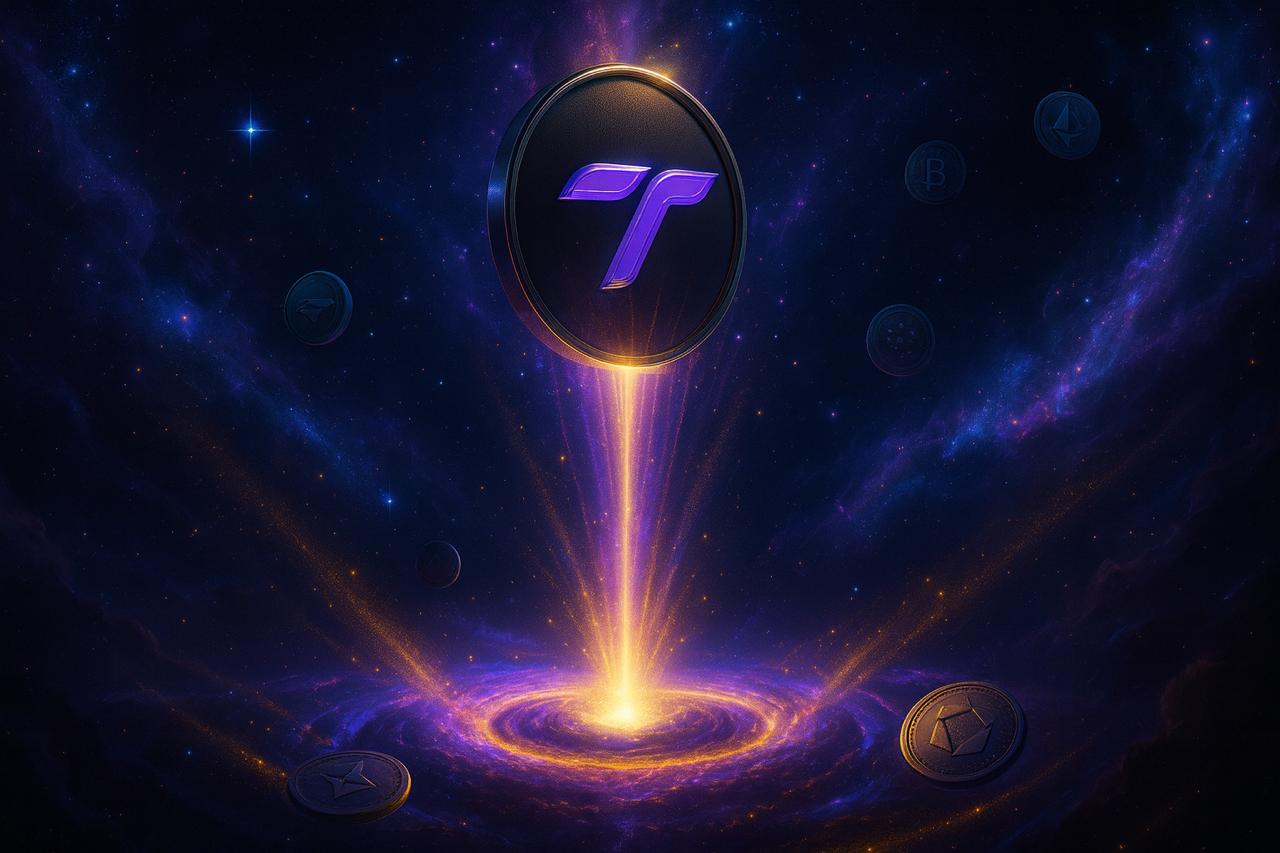Retail investors cut back on Nvidia purchases, with daily buys dropping from $444M to $75M
Retail buyers are finally backing away from Nvidia, and the numbers are showing it. According to CNBC, small-time traders who were throwing billions into the AI chip giant just a few months ago are now slowing down.
This week alone, the drop has been steep. On August 28, retail investors bought $444 million worth of Nvidia shares. Fast forward to Tuesday, and that number fell to $146 million, and by press time, it was literally at just $75 million.
In the past month, Nvidia has fallen more than 5%, even as the S&P 500 is up close to 2%. The market isn’t collapsing, but Nvidia’s dip is dragging it.
The company still holds more than 7% of the S&P 500’s market cap, based on data from FactSet, making it the single largest stock in the index. So yeah, this is a weight on the entire U.S. market.
Investors reduce daily buys after massive run-up
Over the past three years, Nvidia surged 1,150%. That kind of growth sucked in a lot of retail capital, but it looks like the fire is going out. Goldman Sachs said this week that monthly inflows into Nvidia are down to around $50 billion, a steep fall from the $140 billion that was still coming in earlier this year.
Even with the dip, the stock is still up 27% in 2025 so far, but this trend isn’t heading in the right way. Retail money isn’t as excited as it was, and that’s turning into a red flag for the broader market.
Atif Malik, an analyst at Citigroup, said the firm expects the stock “to take a breather after a strong run in the past six months,” and pointed to Jensen Huang’s keynote at the October 28 GPU Technology Conference as the next possible spark. Until then, Nvidia might just sit still… or worse.
The trouble doesn’t stop with U.S. retail fatigue. Nvidia is also getting squeezed overseas. Chinese AI chipmakers are filling the gap left behind after U.S. regulators cracked down on exports of top-end chips.
Alibaba, once one of Nvidia’s biggest customers in China, is now making its own chips. The company’s latest release is reportedly more flexible than previous designs and doesn’t depend on any U.S. technology. That shift didn’t happen by accident. Beijing is pushing hard to close the gap, and they’re moving faster than Wall Street expected.
Trump approved exports, but China told firms to hold off
Even after President Donald Trump gave Nvidia the green light to resume exports of its H20 chip to China in July, things didn’t exactly go back to normal.
Within weeks, Chinese regulators told companies not to buy it, claiming security risks. Nvidia pushed back, saying those risks don’t exist, but the damage was already done. Demand in China froze.
Now, Chinese firms are stepping in. MetaX, a Shanghai-based chipmaker, announced in July that it had developed an H20 substitute.
The chip packs larger memory, helping it outperform Nvidia in some AI workloads, though it burns more energy to get there. On Wednesday, MetaX said it’s moving into mass production of the chip.
At the same time, Cambricon Technologies, based in Beijing, just wrapped up a massive second quarter. Between April and June, it pulled in $247 million in revenue, largely from strong orders of its Siyuan 590 chip.
That spike sent Cambricon’s stock flying so fast that the company had to warn investors to chill out. On Thursday, Cambricon issued a statement advising caution.
That didn’t stop the Friday selloff; shares fell 6%, but the firm’s market cap is still over $87 billion. Analysts expect revenue to hit $261.7 million soon if orders stay on track.
Don’t just read crypto news. Understand it. Subscribe to our newsletter. It's free.
Bunları da Bəyənə Bilərsiniz

Kazakhstan launches crypto cards in partnership with Mastercard

5 Best Crypto Presales to Invest In: Tapzi Gets a Massive 1-Week Raise – Will It Deliver 10000x Gains Post-Listing?
